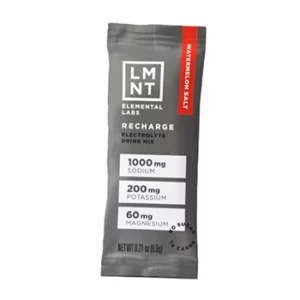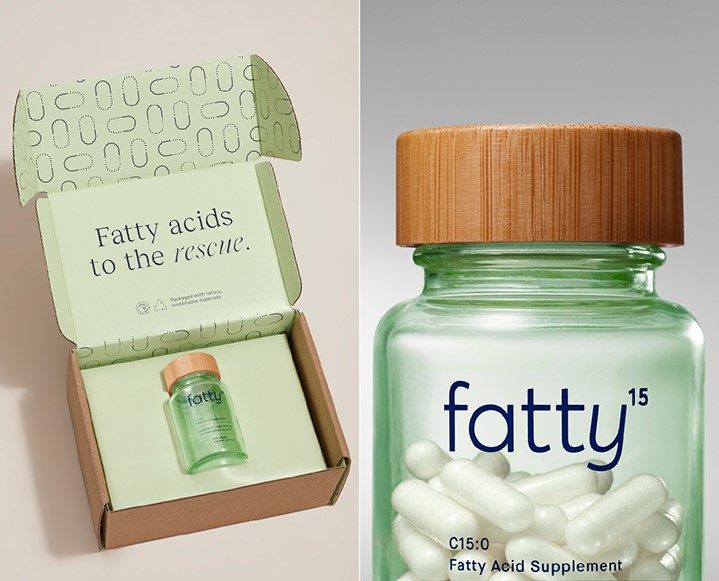Take a deep breath. Now, ask yourself: how often are you mindful of your breathing? Healthy lungs are a vital part of our overall health and, according to traditional Chinese medicine, lung health may require a bit of mindfulness. Acupuncturist and Chinese Medicine expert, Mona Dan of Vie Healing, is explaining all about how to nourish these vital organs…
The lung’s energy and role—as seen in Chinese medicine—is that of making a boundary between the inner and outer world. The inner environment needs to be protected by a clear boundary which both defends and defines the person. Across this boundary, vital materials can be taken in and waste materials excreted. The lung’s most vital and obvious role is to take in oxygen, but there is more to it.
The Lungs In Chinese Medicine: Immunity + Elimination
In Chinese medicine, the lungs are more than just a respiratory system—they are deeply related to the large intestines and hold a strong role in breathing in and out, the necessity of living a healthy life. At the physical level, our boundary to the world begins with our skin—the largest organ on our body—which helps us breathe in and out through the pores. Beneath the skin, lung energy helps the circulation of blood, what we consider the body’s defensive layer against outside pathogenic factors.
The lung’s paired organ is the large intestine, and its main function is to release and eliminate. Together the lung and colon are related to immunity through the strength of the protective external layer of our skin. Generally, outside pathogens most easily enter through the respiratory and digestive systems, and the lung and colon are responsible for maintaining the function of these systems so that they are not penetrated by outside pathogens. According to Chinese medicine, the body’s defensive energy is directly dependent on the strength of the lung and colon.
Abundant lung energy presents itself as strong physical energy. There is a sense of softness yet fullness in the chest. In the lung’s most healthy state, immunity is strong, recovery from illness is quick and effective, skin is hydrated and the complexion is bright and fresh. Body posture is another physical expression of the state of the lungs, so a strong posture shows healthy lung energy. If lung health is weak, it will present as low energy and a poor immune system. Breathing may be shallow, and skin may appear unhealthy because energy and blood circulation may be weak. Also, emotions in the form of sadness and grief are expressions of lung energy.
How To Nourish The Lungs With Chinese Herbs
Because the lungs are so closely related to breath—the first sign of energy to enter our bodies—energy strengthening herbs are also for strengthening the lungs.
Ginseng Root | Ginseng is considered especially nourishing to the lungs, skin and stomach. Ginseng is said to moisten and cool the lungs, making it particularly useful for those with a dry cough. American ginseng is recommended over Asian ginseng for this purpose, as American ginseng is considered a yin tonic that is cooling in nature. Asian ginseng is a yang tonic that tends to be hot in nature.
Astragalus | Astragalus is one of the most commonly used Chinese herbs for strengthening and toning energy and the immune system. In Chinese medicine, astragalus is thought to build up immunity to protect us from external pathogens. Astragalus is most useful for those who frequently come down with a cold or the flu, have difficulty breathing (such as asthma), and who tend to sweat too much or not enough.
Cordyceps Mushroom | Traditionally this medicinal mushroom was used to strengthen weak lungs in those who exert high breathing energy, such as athletes. It is also highly recommended for those who suffer from chronic weak lungs, and those who tend to cough, wheeze and encounter shortness of breath. Also, it has a natural ability to resist a wide range of pathogenic bacteria, fungi and viruses.
Schisandra | Schisandra helps keep the lungs moist. It does so by retaining clean lung fluid, so it’s best for those with weak breath function, such as people with asthma and chronic wheezing.
How To Nourish The Lungs With Nutrition
On Protein + Dairy: It’s best to absorb protein from legumes and white meat (such as turkey). For dairy, focus on non-processed dairy (such as goat and sheep products) and pungent foods (such as fermented foods).
supportive foods: Fermented radishes specifically are great—they help your gut, so it helps your lungs. Additional foods recommended: clean white foods (cauliflower and potatoes), turnips, parsnips, almonds, daikon, apples, pears, rice, oats, sesame seeds, onion, garlic and white peppercorns.

above ground plants: Foods that grow through oxygen—think leafy greens, fresh organic vegetables with sprouted seeds and grains—help most.
warming drinks: Also, keep drinks and foods warm, and try to avoid foods that are too raw or on ice. Cover your chest in areas of wind or too much air conditioning and continuously drink warm/hot tea.
6 Other Ways To Improve Lung Health
BREATHE well | The best way to support lung health is to take in plenty of fresh air by developing your breath to expand the physical capacity of the lungs. This can be done through breath coaching and breathwork, mindful awareness of the breath, or gentle exercises such as swimming and walking. Stretching also helps expand the lung energy.
SUNBATHE | Moderate sunbathing will nourish the skin, although overexposure may be damaging. Learn a bit more about balance here.
RESPECT YOURSELF | Emotionally, the lungs are nourished by respect. Put value into who you are and what you do to attract respect from those around you, and this will also open your lung energy.
CLEAN your space | Take time to clean the physical world around you. Clean the corners of your home. Clearing up your environment literally gives you a sense of fresh air.
dry BRUSH your skin | Nourish the skin by dry brushing. This will maintain the skin’s health and support the immune system.
Bare it All | Occasionally going naked helps the skin breathe and improves lung health.
Did you know that there is a direct link between our organs and our emotions? Learn more about the philosophy here.
The Chalkboard Mag and its materials are not intended to treat, diagnose, cure or prevent any disease. All material on The Chalkboard Mag is provided for educational purposes only. Always seek the advice of your physician or another qualified healthcare provider for any questions you have regarding a medical condition, and before undertaking any diet, exercise or other health-related programs.















